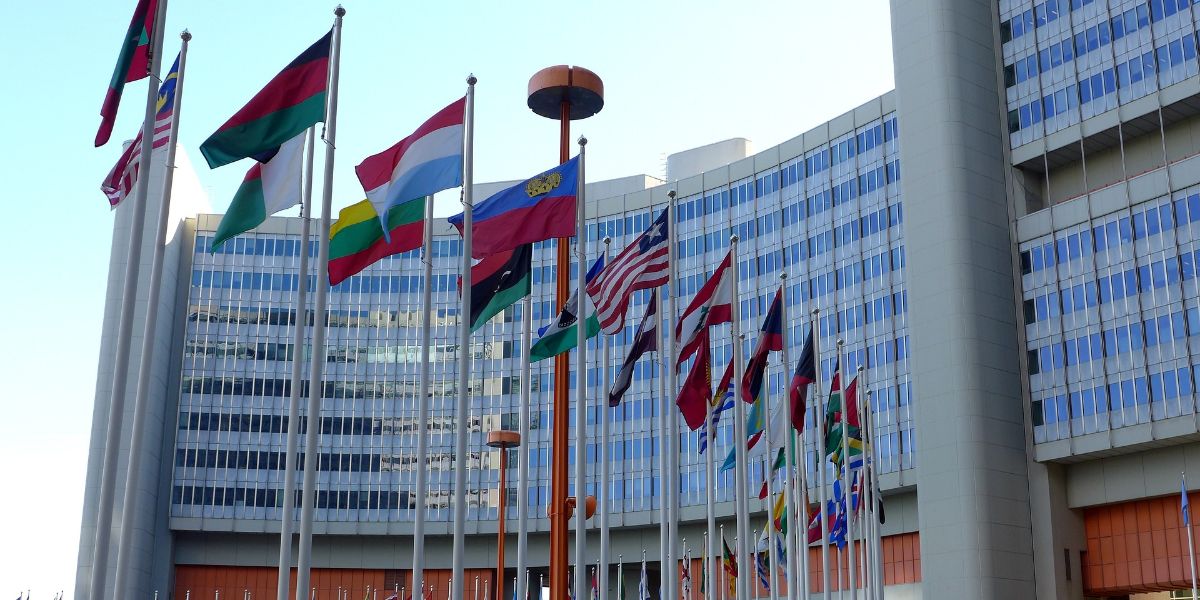The UN’s Economic and Social Council has released the date and draft agenda for the ninth session of the UN committee of experts on international cooperation in tax matters. The meeting is to be held in Geneva from 21 to 25 October 2013.
The provisional agenda provides for the discussion of issues relating to updating the UN Model Tax Convention. In respect of Article 4 (Resident) of the Convention the committee is to discuss the application of the treaty rules to hybrid entities. Regarding Article 5 (permanent establishment) of the Convention the committee is to discuss the meaning of “connected projects”; the question of whether a satellite in geostationary orbit could give rise to a permanent establishment; and permanent establishment issues that arise in international tax cases concerning value added tax.
The committee is also to consider the “force of attraction” concept in Article 7 (business profits) of the UN Model Convention and the explanation of how it operates. With regard to Article 8 (shipping, inland waterways transport and air transport) the committee of tax experts is to consider the meaning and coverage of the term “auxiliary activities”. The committee will also give consideration to updating the Commentary to Article 9 (associated enterprises) of the Model Convention.
The committee is to give general consideration to Article 12 (royalties) including issues related to payments for equipment, and to the practical implications of paragraph 4 of Article 13 (capital gains). The committee will look at Article 23 (methods for the elimination of double taxation) and consider conflicts of qualification arising under the Article, in addition to consideration of conflicts of interpretation arising in 2012 in relation to the discussion of climate change.
Discussions are also to cover Article 26 (exchange of information). The issue of tax information exchange is very topical in view of the work of the OECD on this issue and the growing public concern over the opportunities for entities or high wealth individuals to hide wealth in jurisdictions that do not conform to international standards on tax transparency and information exchange. The UN committee of experts is also to discuss provisions in the Model Convention in relation to the taxation of fees for technical services and they will give general consideration to the Articles in the Model Convention that may be related to the issue of mechanisms for dealing with climate change.
Other topics to be covered in the meeting are issues for the next update of the Practical Transfer Pricing Manual for Developing Countries; the Manual for the Negotiation of Bilateral Tax Treaties between Developed and Developing Countries; foreign direct investment issues and corporate taxation, including resource taxation issues for developing countries; the taxation of development projects and the issue of capacity building in tax administrations.













